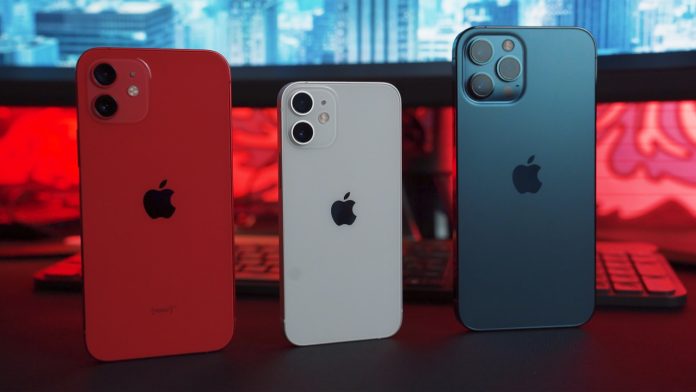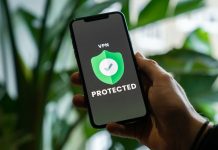If you’ve been anywhere near a television in the last couple of weeks, you’ve likely seen Apple’s latest TV marketing campaign. This ad not only slams Google Chrome, but boasts that Apple is one of the most secure – if not the most secure – mobile device on the market.
But just how true is that claim? For a long time now, both Apple and Android have been using data privacy as a key marketing strategy, reeling in new users by promising them anonymity, security, and safety. Users in 2024, of course, are more aware of the data privacy problem than ever.
Whether it’s through using the best data broker removal service or subscribing to newsletters like Cyber Magazine, the facts about data brokers and data breaches are far more widespread, which is why so many of us are electing to opt out of data brokers and make wiser choices about the tech we use. In the 2020’s, the biggest sellers are not the biggest phones or the phones with the highest resolution. It’s the phones that have the best user security.
Apple’s User Security
One of the key ways that Apple guarantees user safety is through its locking features. Rather than using a number password – which can easily be forgotten or guessed – face recognition is necessary to open the iPhone, make payments, and log onto certain apps.
Many of the apps themselves are also end-to-end encrypted. iMessage and FaceTime, for instance, use end-to-end encryption to ensure only the sender and receiver can read messages or see calls, with even Apple itself unable to access this data. According to their marketing campaigns, Apple also follows a key principle of collecting the minimum amount of data necessary to provide services.
This is bolstered by the impressive user control. If you’re an iPhone user, for instance, you can go onto ‘Settings’ and manage all of your data sharing, your advertising preferences, and get a full idea of how data is being used through the Privacy Dashboard feature.
Android’s User Security
But while this is all pretty impressive, Android is not exactly a data leach. Nearly all Android devices support full-disk encryption, ensuring that the data stored on the device is encrypted and can only be decrypted by providing the correct pin.
Google also releases monthly security patches, addressing newly discovered vulnerabilities before they become a problem, with the manufacturers and carriers then distributing the update swiftly.
As well as this, Google Play Protect continuously scans apps for malware and other harmful behaviours, automatically taking action if it detects something is wrong. Features like 2FA also add an extra layer of security to Androids, with Google Chrome including ‘Safe Browsing’, ‘Incognito Mode’, and a built-in password manager.
Apple or Android?
Do these features trump Apple’s features? No, perhaps not. But on the same page, Apple isn’ t completely secure for users. The iPhone SE and the new Apple Vision Pro, for instance, are two of the most data-hungry gadgets out there, and while the latest iPhones certainly prioritises privacy, plenty of experts have revealed that gaps remain.
Really, it seems that there isn’t a big difference between Apple and Android. The most important thing is that you keep your own data secure and follow all the necessary steps to delete your digital footprint where you can. Apple is right. Data privacy is a big issue in 2024. But neither Apple or Android are going to be the ones to solve it.



